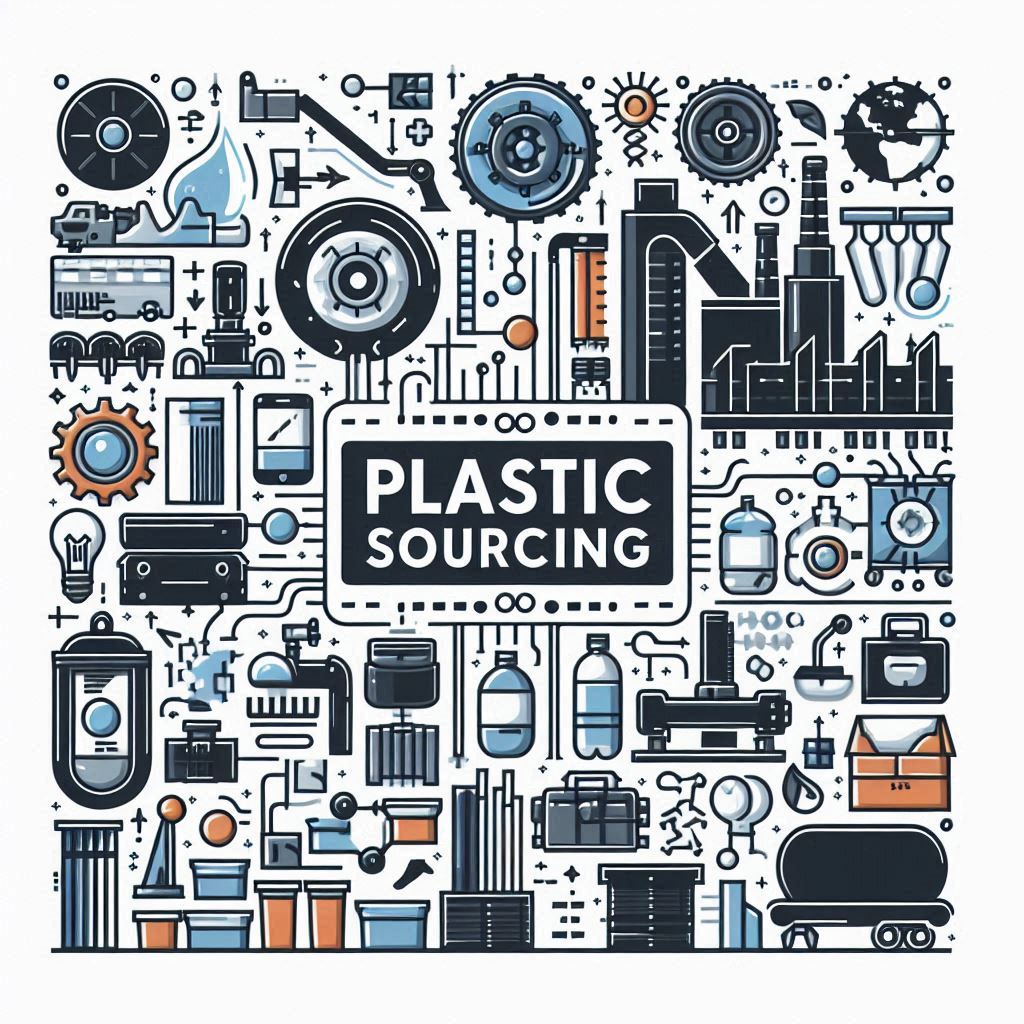Finding the ideal partner for your plastics manufacturing needs can be daunting. With numerous suppliers offering varied capabilities, identifying one that aligns with your specifications and vision is critical for project success. ThomasNet simplifies this challenge by providing access to an expansive network of verified plastics manufacturers. Whether you are seeking manufacturers for a wide range of products or specifically targeting plastic bottle production, searches like “thomasnet com plastic bottle manufacturing” and “thomasnet.com plastic bottle manufacturing” showcase the platform’s effectiveness in connecting businesses with reliable suppliers.
Table of Contents
- Introduction
- Understanding Your Plastics Manufacturing Needs
- Navigating ThomasNet for Plastics Manufacturing Suppliers
- Evaluating Potential Plastics Manufacturing Suppliers
- Streamlining the Sourcing Process with ThomasNet
- Conclusion
- FAQ
Introduction
The plastics manufacturing industry is vast and dynamic, with applications ranging from packaging and automotive parts to consumer goods and medical devices. However, sourcing dependable suppliers can be a challenging task due to the sheer number of options and varying quality standards.
ThomasNet, a trusted B2B sourcing platform, simplifies this by connecting businesses with a vetted network of plastics manufacturers. Its tools are tailored to make the supplier search more precise and effective. For businesses focusing on niche needs like plastic bottle manufacturing, targeted searches such as “thomasnet com plastic bottle manufacturing” and “thomasnet.com plastic bottle manufacturing” enable quick access to relevant suppliers.
Understanding Your Plastics Manufacturing Needs
Before diving into supplier searches, it’s essential to outline your manufacturing requirements. This ensures that your search is efficient and yields compatible suppliers. Here are the key factors to consider:
- Material Requirements: Choose the type of plastic suited for your application. Common materials include:
- Polyethylene (PE): Ideal for durable and flexible products.
- Polystyrene (PS): Frequently used for disposable goods.
- Polyethylene Terephthalate (PET): Preferred for food and beverage containers due to its clarity and strength.
- Manufacturing Processes: Select the appropriate method based on your design and product requirements:
- Injection Molding: Suitable for complex shapes.
- Blow Molding: Best for hollow products like bottles.
- Extrusion: Ideal for continuous profiles such as pipes.
- Thermoforming: Used for lightweight and inexpensive items like trays.
- Production Volume: Specify the required quantities and tolerance levels to help suppliers assess feasibility and provide accurate quotes.
- Additional Requirements: Determine if you need secondary processes, such as:
- Assembly and Labeling
- Finishing or Coating
- Custom Packaging
- Compliance and Certifications: Identify necessary certifications, such as:
- ISO Standards for quality and environmental management.
- FDA Compliance for food-grade plastics.
Navigating ThomasNet for Plastics Manufacturing Suppliers
ThomasNet’s platform is designed to streamline your supplier search. Here’s how to use it effectively:
- Search Keywords: Use precise terms like “plastic bottle manufacturing” or industry-specific phrases. For tailored results, input “thomasnet com plastic bottle manufacturing” or “thomasnet.com plastic bottle manufacturing into the search bar.
- Advanced Filters: Refine your results by applying filters such as:
- Location (regional suppliers for reduced shipping costs).
- Capabilities (specific processes like blow molding or thermoforming).
- Certifications (e.g., ISO 9001, FDA compliance).
- Supplier Profiles: Review detailed profiles that showcase:
- Expertise and history.
- Product catalogs and capabilities.
- Certifications and quality standards.
- Industry Resources: Explore ThomasNet’s whitepapers, case studies, and trend reports for insights into the plastics manufacturing landscape.
Evaluating Potential Plastics Manufacturing Suppliers
Once you’ve identified potential suppliers, a thorough evaluation will ensure you select the best fit for your project. Key considerations include:
- Experience and Expertise: Review their track record in your industry and their ability to handle your chosen materials and processes.
- Quality Assurance: Confirm their quality control protocols, certifications, and ability to meet your standards.
- Cost and Timelines: Compare quotes, lead times, and flexibility in accommodating urgent orders.
- Communication: Evaluate how responsive and collaborative they are during the negotiation process.
- Audits and Visits: If possible, conduct on-site visits or audits to assess their facilities and operations firsthand.
Streamlining the Sourcing Process with ThomasNet
ThomasNet offers tools to make sourcing more efficient:
- Supplier Communication Management: Track correspondence, organize proposals, and manage inquiries in one centralized location.
- Resource Library: Access articles, best practices, and industry updates to make informed decisions.
- Sustainability and Compliance Insights: Use ThomasNet to identify eco-friendly suppliers and ensure compliance with regulatory standards.
Conclusion
ThomasNet is a powerful platform for businesses seeking reliable plastics manufacturing partners. By defining your needs, leveraging its advanced search capabilities, and thoroughly evaluating potential suppliers, you can streamline the sourcing process and ensure successful project execution. For niche needs like plastic bottle manufacturing, ThomasNet’s extensive network and tools simplify the search for specialized partners.
FAQ
What are the key differences between plastic types?
Different plastics serve unique purposes. For example, HDPE is durable and resistant to chemicals, making it suitable for bottles, while PET is lightweight and clear, often used for beverage packaging.
How do I choose the right manufacturing process?
The choice depends on your product design, material, and production volume. Injection molding suits intricate shapes, while blow molding is ideal for hollow items like bottles.
What certifications are essential for plastics manufacturers?
Look for certifications like:
- ISO 9001 for quality management.
- ISO 14001 for environmental practices.
- FDA approval for food-safe products.
What factors influence lead times and costs?
Lead times and costs depend on factors like material availability, production complexity, order volume, and secondary operations like labeling.
How can I ensure consistent product quality?
Define quality standards, conduct regular inspections, and maintain open communication with your supplier. On-site audits can provide additional assurance.
Are there best practices for supplier negotiations?
Be clear about your requirements and expectations, negotiate mutually beneficial terms, and establish milestones for deliverables to avoid misunderstandings.
By integrating these strategies and leveraging ThomasNet, businesses can confidently find and partner with suppliers who align with their goals and quality standards.

